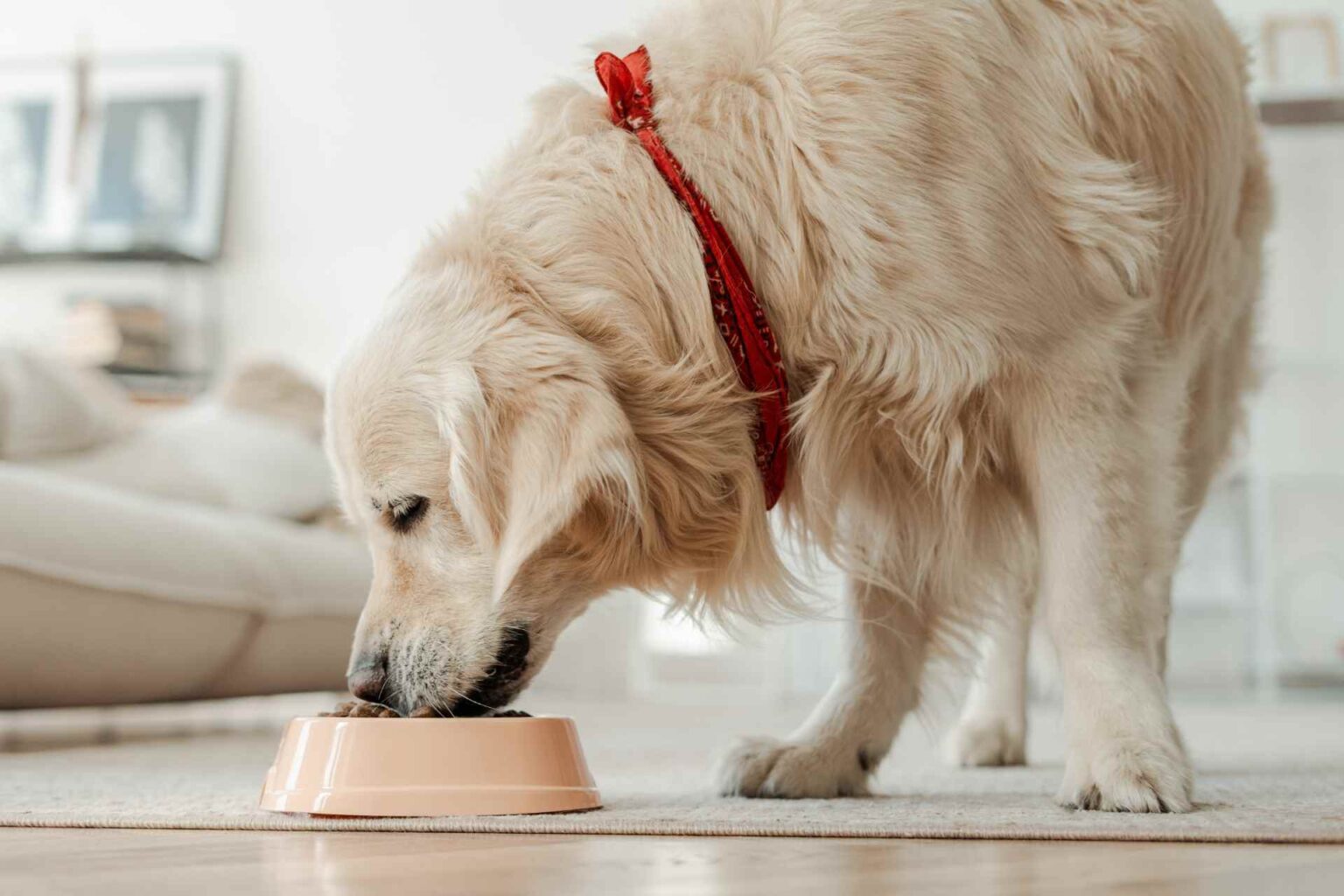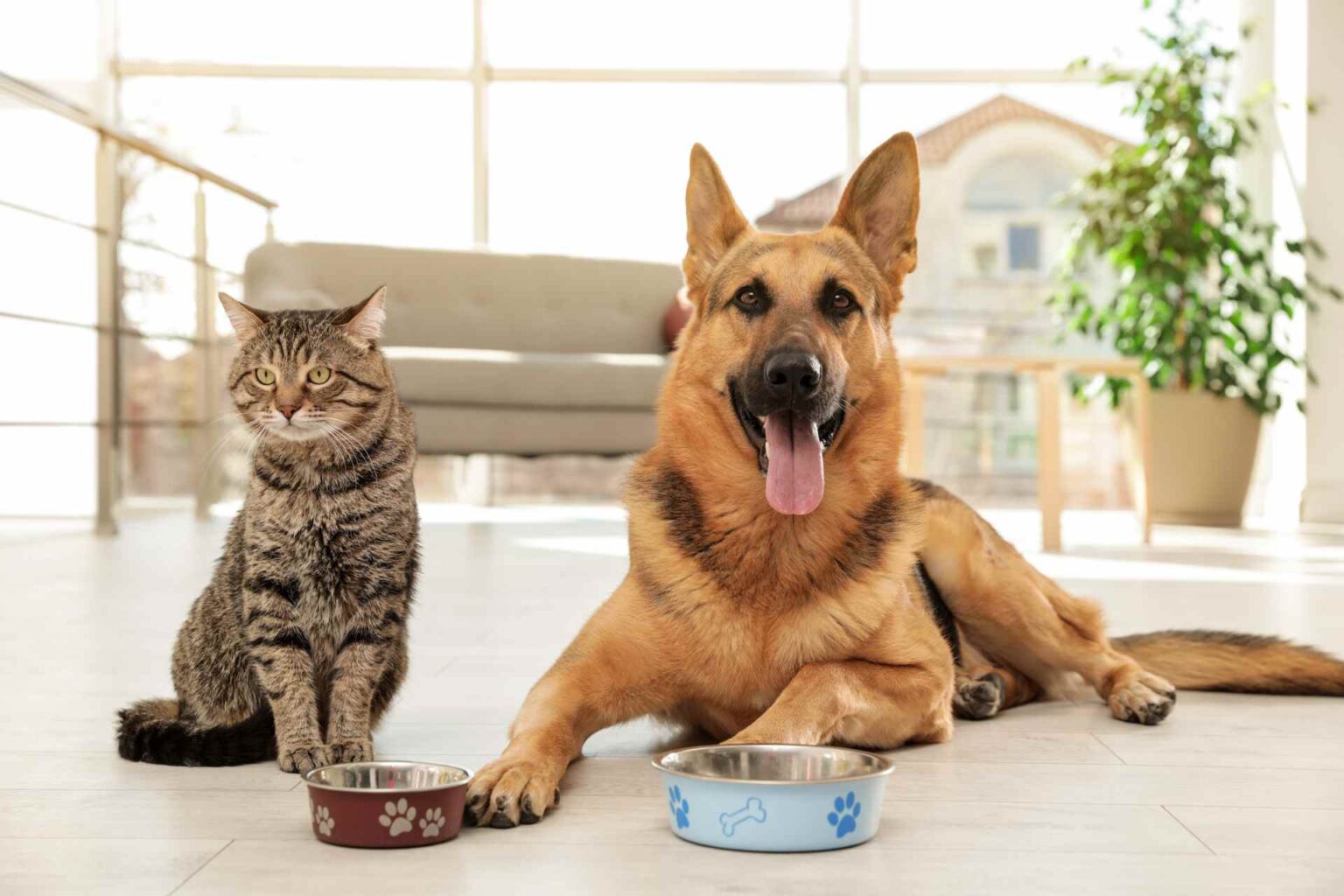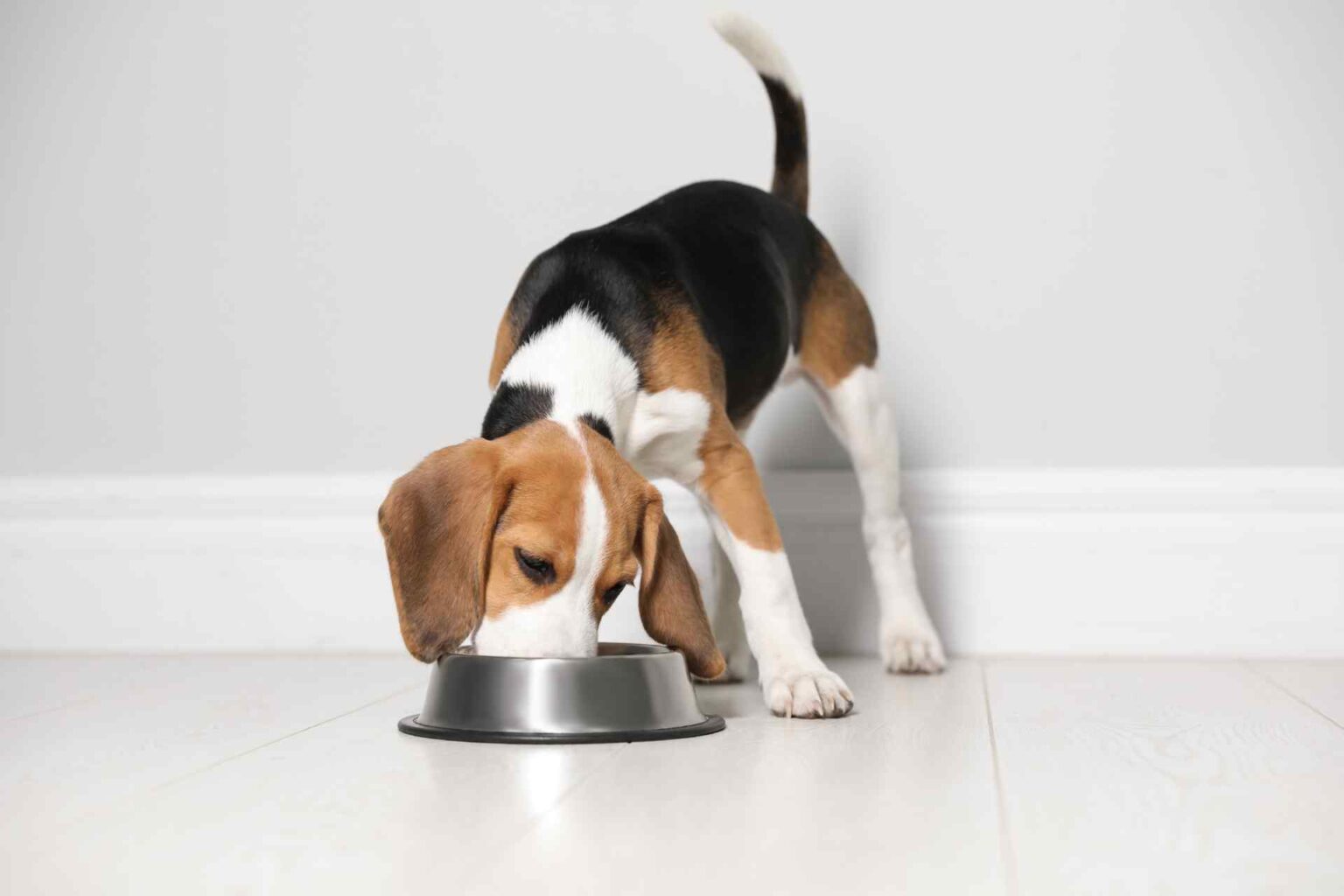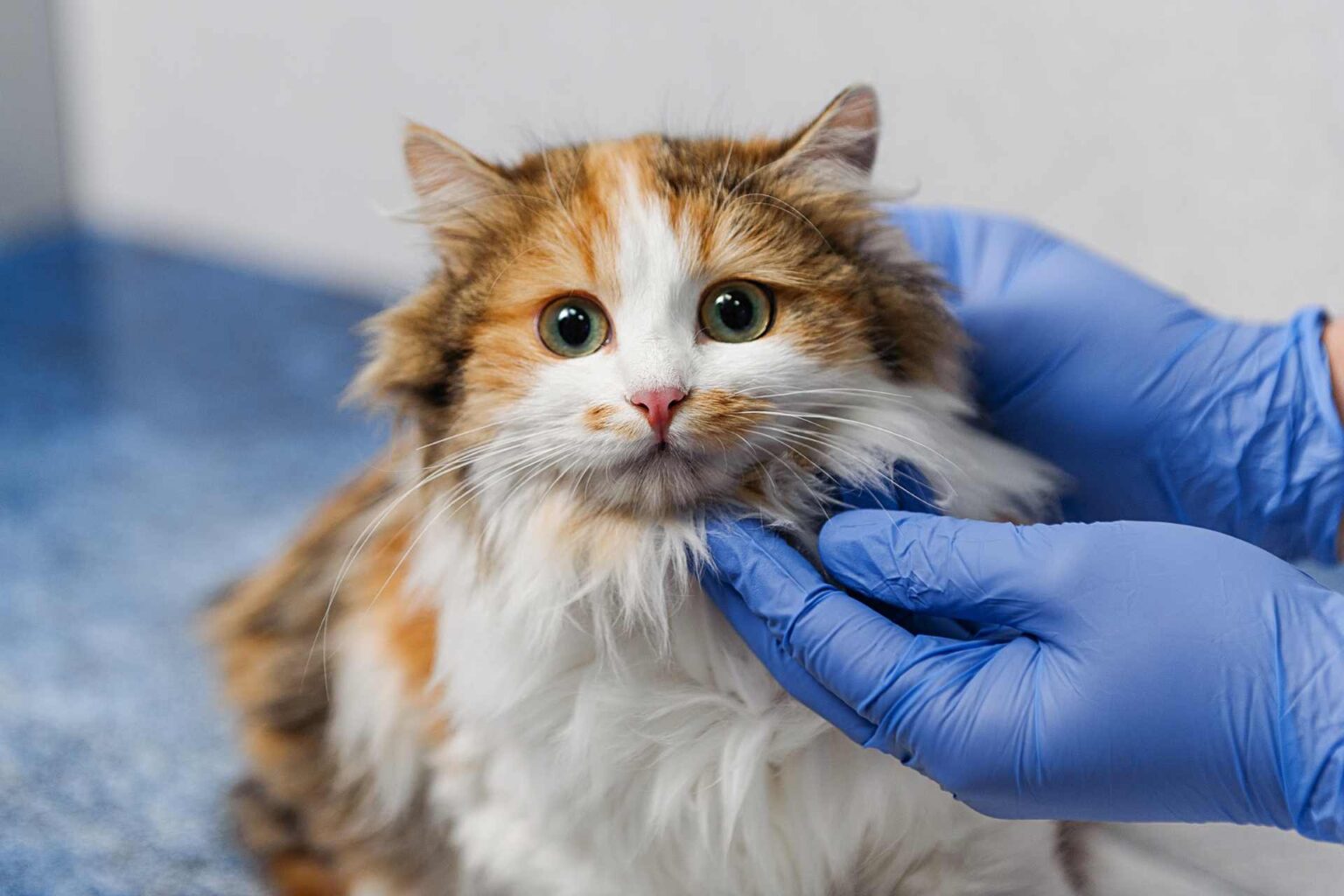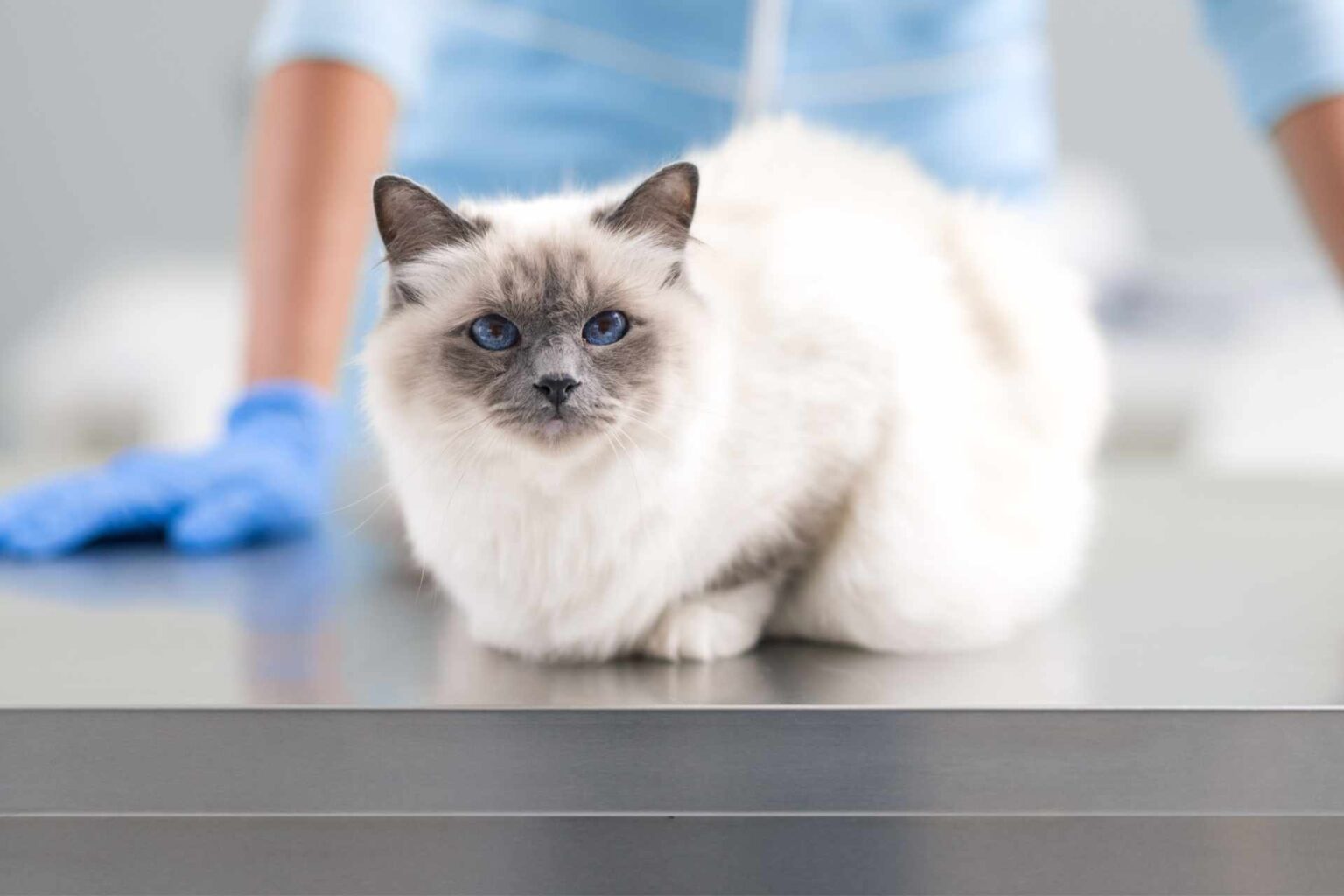In dogs and cats, gastrointestinal disorders can be difficult to diagnose because of multiple conditions affecting different organs of the gastrointestinal tract that can cause similar signs and symptoms, typically diarrhea, constipation, vomiting, abdominal pain, and dysrexia.
The difficulty in identifying the specific disorder from which the animal with these symptoms suffers is then reflected in the management of treatment from a medical and nutritional perspective. Changes in nutrition, in fact, are an integral part of gastrointestinal disease management, and play a role in both improving clinical symptoms and preventing recurrence.
However, there is no single nutritional approach that can meet the needs of every patient with symptoms of gastrointestinal disorders.
In a recent review, U.S. veterinarian Catherine E. Lenox took stock of the process of preparing a nutrition plan for a dog or cat with gastrointestinal diseases and on factors to consider, particularly nutrients of interest, nutritional approaches for common gastrointestinal diseases, feeding management strategies, dietary options, available dietary supplements, and diet selection criteria for small animals.
How to set up a nutrition plan
Several aspects need to be considered when preparing an appropriate nutrition plan: the patient’s nutritional assessment (which includes physical characteristics, such as body weight, BCS (Body Condition Score), muscle tone, etc.; diet and its history; nutrition management and environmental aspects with effect on nutritional needs), clinical signs, history and objective examination, laboratory tests, imaging findings, pharmacological history, etc.
Following nutritional and medical evaluations, a list of problems should be compiled for the individual patient, analyze them and prioritize them, that is, identify the issues, usually one or two, that deserve the most attention among those that can be managed through diet modification, from an individualized approach.
Prioritization makes it possible to identify nutrients of interest, whose intake–based on the results of the nutritional assessment–must be kept constant, increased or decreased in patients’ diets to achieve benefits in the management of gastrointestinal disease.
Nutrients to be considered in the nutrition plan are protein, fat, fiber, and vitamin B12(cobalamin), in addition to other factors such as digestibility and energy intake.
Nutrients of interest vary depending on the patient’s clinical condition, nutritional assessment, symptoms, and characteristics of gastrointestinal disease. For example, cobalamin is a nutrient of interest for a dog or cat with chronic enteropathy, a condition that causes a deficiency of this vitamin and thus requires supplementation, but it is not, in general, for an animal that has had an episode of acute gastroenteritis.
Dietary options for gastrointestinal diseases are numerous, as different patients with similar diseases may benefit from different nutritional strategies.
In general, caution should be exercised in the use of homemade diets, which should be formulated by a veterinary nutritionist to ensure that the animal is fed a complete, balanced diet appropriate to the clinical problem to be addressed; in addition, the patient should be followed with regular follow-up.
Finally, with regard to dietary supplements, there are numerous products available for dogs and cats, and some are specifically for patients with gastrointestinal diseases or symptoms. In general, these products include probiotics, symbiotics and fiber supplements.
Probiotic and symbiotic supplements may benefit in some cases, but scientific evidence on their significant efficacy in dogs and cats with specific gastrointestinal diseases is limited.
Regarding fiber, supplementation may benefit dogs with constipation or diarrhea, cats with constipation, and cats with inflammatory bowel disease or other conditions that cause large intestine symptoms.
In any case, care should be taken in recommending the use of dietary supplements in animals with gastrointestinal symptoms, recommending products that have undergone adequate quality control.
Evaluate and reassess
“When selecting diets for dogs and cats with gastrointestinal diseases, an approach tailored to the individual patient’s characteristicsshould be taken,” she comments. “In addition, the animal should be reevaluated regularly medically and nutritionally to ensure that the plan set up is also appropriate in terms of long-term management when necessary.”
Reference
Lenox CE. Nutritional management for dogs and cats with gastrointestinal diseases. Vet Clin North Am Small Anim Pract. 2021 May;51(3):669-684. DOI: 10.1016/j.cvsm.2021.01.006






